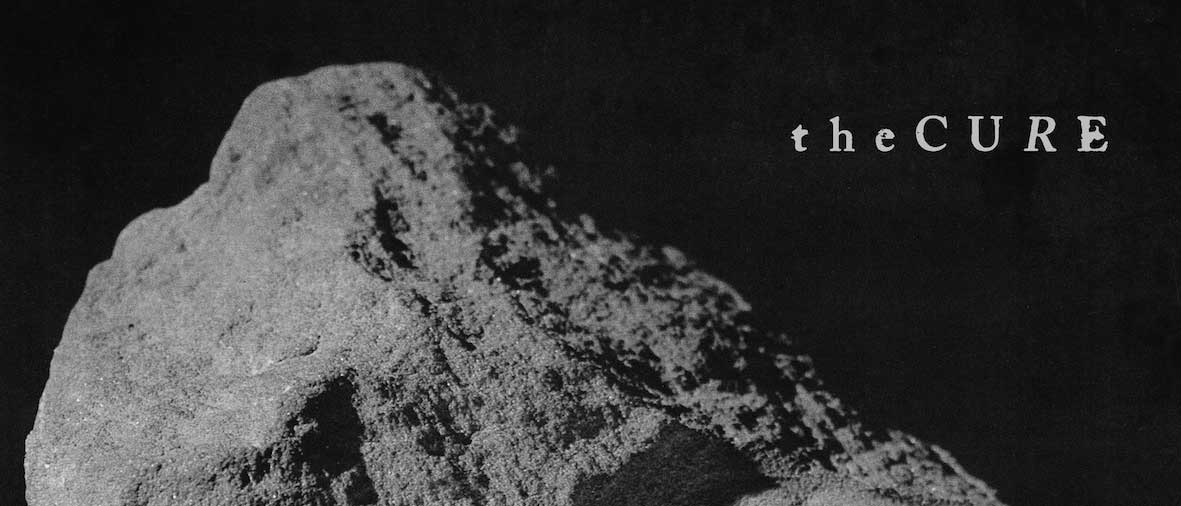Partly road-tested live over the past two years, the dense orchestral arrangements of those new songs trialled inevitably led to speculation this new album by The Cure would be a sequel to diehard fan favourite, 1989’s Disintegration. But Songs Of A Lost World is a different animal.
Where Disintegration provided light amongst its melancholy, Songs From A Lost World is darker and downbeat – a blend of Disintegration and Pornography-era Cure. But its position in the overall Cure canon is less relevant than where it stands in 2024. Because where it stands in 2024 is backcombed head and sloped shoulders above the dreck of indie/goth rock revivalists.
Other than 1985’s The Head On The Door, Songs From A Lost World is the only album in the band’s discography written solely by bandleader Robert Smith. Informed by the death of his parents and older brother, it’s an intensely personal – and ruthless – exercise in catharsis. A mournful piano lament emerges from a rainstorm on the touching I Can Never Say Goodbye as he grieves ‘I’m down on my knees and empty inside/ Something wicked this way comes/To steal away my brother’s life’ over an ululating riff.
Smith has consistently – with deft subtlety – combined personal trauma with environmentalist and anti-war rhetoric. Pornography opener One Hundred Years was a primal scream against the entire 20th century’s destruction and bloodshed. Here, Smith merges those beliefs with personal tragedy, his enduring love for his wife Mary, and (having turned 65 this year), his own mortality. Opener and lead-off single Alone despairs at Earth’s destruction and humanity’s impotency to alter it. The exquisite piano/strings arrangement and soaring keyboard wash of the tender And Nothing Is Forever is most redolent of Disintegration but superior to Lovesong or Pictures Of You in its poignant heartbreak.
A Fragile Thing reflects its refrain of personal love to the natural world: ‘This love is my everything/But nothing you can do/To change the end'. Warsong’s tempestuous and discordant guitar squall compares personal battles to the “bitter ends” of misery wrought by geopolitical machinations. The bass-driven schizoid psyche of the agitated Drone:Nodrone is an internal dialogue battling itself. 10-minute closer Endsong encapsulates the entire bleak, discomfiting desolation of Songs From A Lost World right up to Smith’s unforgiving parting shot.
A sombre treatise on disaffection and alienation grown old, Songs From A Lost World starkly expresses the post-punk generation’s hallmark traits of malaise and anxiety. Art reflects its era and that’s exactly what this album conveys.



